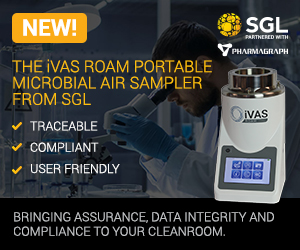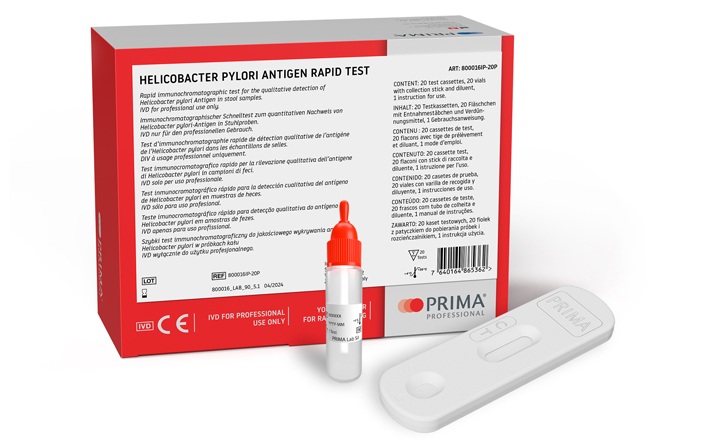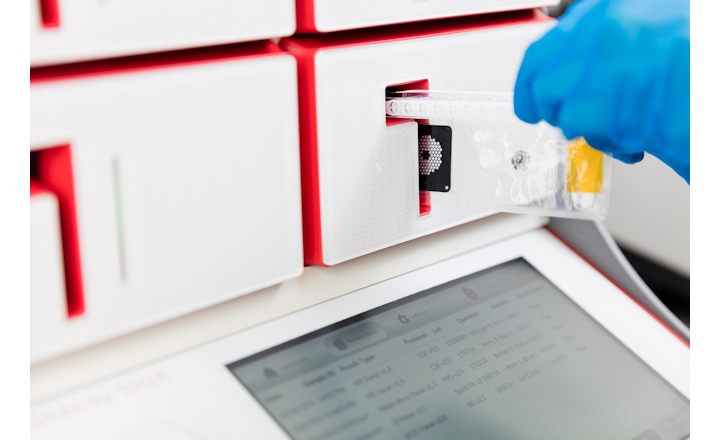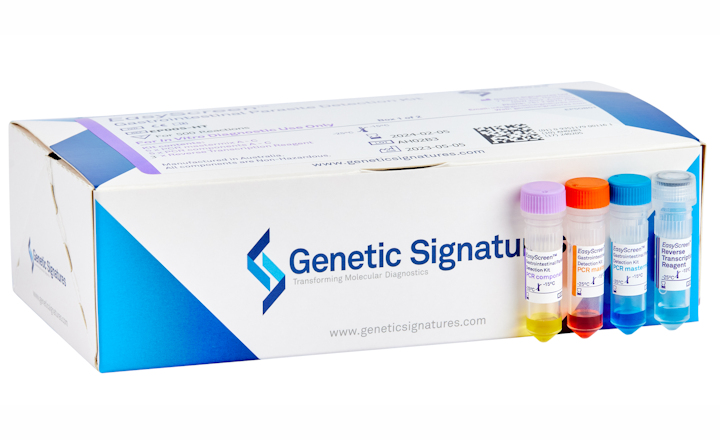BD have announced that the U.S. Food and Drug Administration has given 510(k) clearance to its BD MAX™ enteric viral panel, a molecular diagnostic test for the direct qualitative detection and differentiation of enteric viral pathogens that cause viral gastroenteritis. The BD MAX ™ enteric viral panel is designed for targeted detection of the viral cause of infectious diarrhea symptoms in all care settings and can detect norovirus, rotavirus, adenovirus, human astrovirus, and sapovirus.
The enteric panels run on the BD MAX™ molecular system and can return results in less than 3.5 hours, dramatically shortening time to results over traditional test methods. This shortened time to results allows clinicians to more quickly understand the cause of the patient’s illness.
Acute viral gastroenteritis can be contracted by virtually any patient and spread within close community settings such as daycare centers, nursing facilities, and cruise ships. Norovirus is the most common viral cause and accounts for 19 to 21 million cases of diarrheal illness annually in the United States, and 50 percent of all foodborne diarrheal outbreaks. Other viral causes include rotavirus, adenovirus, astrovirus and sapovirus to varying degrees of prevalence. Diagnosing the underlying cause of diarrhea can play a critical role in patient management to isolate patients at risk of spreading infectious diarrhea to others and rule out other causes of infection in children, the elderly or immunocompromised patients.
The BD MAX™ enteric suite of molecular tests for the detection of gastrointestinal bacteria, parasitic or viral pathogens enable clinicians to perform targeted testing for patients based upon their symptoms and health history or exposure. This testing approach is supported by the Infectious Diseases Society of America (IDSA) guidelines. Compared to more generalized tests, this test provides the most clinically useful and necessary information to better diagnose and treat patients.
“We continue to expand our menu of unique, clinically relevant, molecular diagnostics panels to aid in diagnosis of a range of infectious diseases,” said Nikos Pavlidis, vice president and general manager of Molecular Diagnostics & Women’s Health for BD. “With this launch, BD’s suite of assays for diagnosing gastrointestinal conditions will provide clinicians with greater flexibility for more efficient and cost-effective patient management. We also offer panels for diagnosis of hospital acquired infections including C. diff and MRSA as well as vaginal infections, common sexually transmitted infections, and group B streptococcal disease.”





















